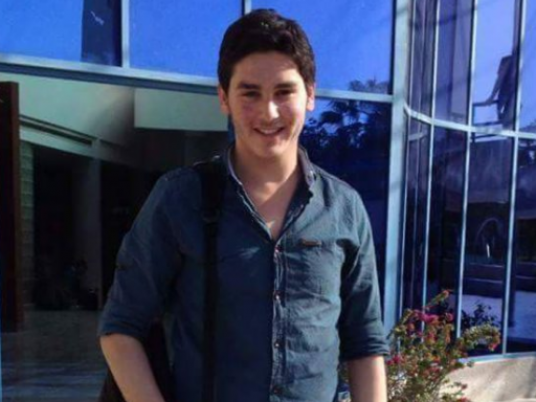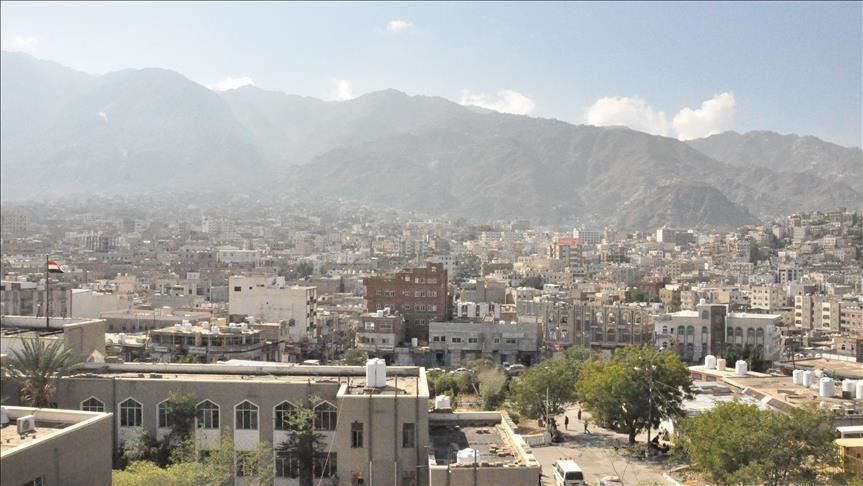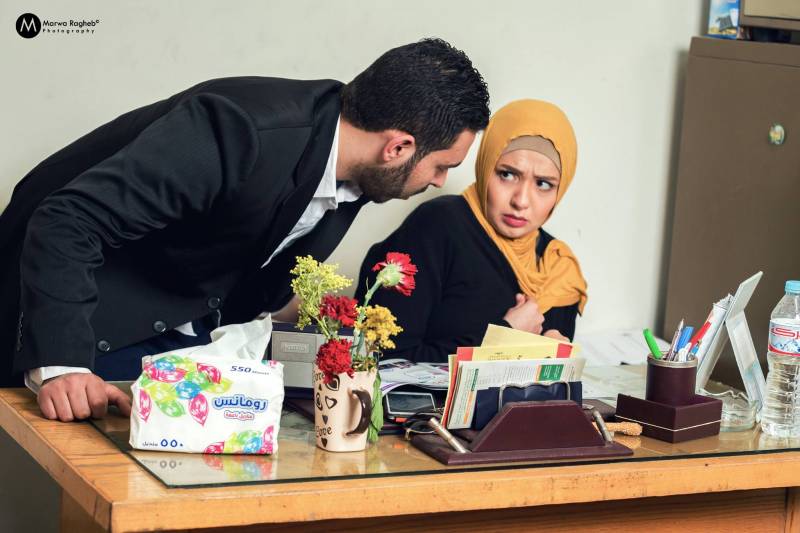
Khatib was 19 when he was taken into police custody after his return to Egypt from a visit to Turkey. He was sentenced in March 2016 to 10 years of hard labour and a LE 100,000 fine for belonging to a terrorist group and for disrupting public order.
Social media users and activists in Egypt have also launched an online campaign calling for his release after he was diagnosed a week ago with visceral leishmaniasis. This rare disease that requires instant medical intervention.
The disease, caused by the bite of certain types of sand flies and usually found in dirty, humid and urban areas, attacks the body’s internal organs and immune system, almost certainly leading to death if left without treatment.
After the medical report was officially released by al-Qasr al-Aini hospital, Khatib was transferred to Abassiya Fever Hospital, but was ont allowed family visits.
“[Khatib's] liver and spleen have swollen up and we are not able to follow up on his case. He’s suffering from severe immunodeficiency. If he gets so much as a fever, he could die; and that is why we are calling for his release, to grant him the right to proper and urgent treatment,” said his sister Fatma al-Khatib.
Article 36 of Law No. 396 on prison regulation stipulates: "any sentenced prisoner whose doctor determines the he/she is suffering from a disease that puts his/her life at risk or disables him/her, should be checked by the head of the prisons medical department, to determine if he should be released [for treatment]."




